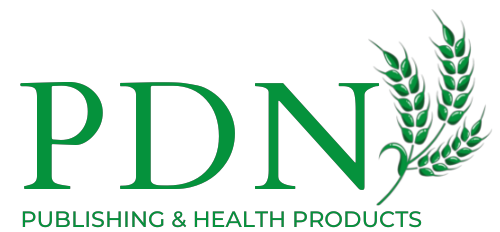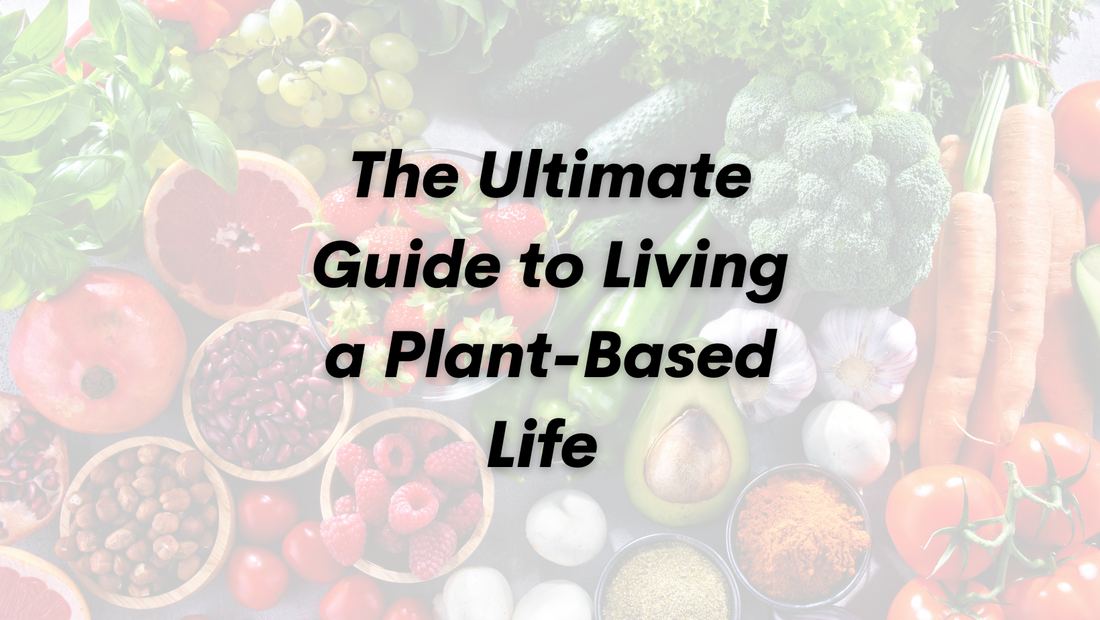PDN Vegetarianism encompasses the entire world of plant-based eating. It also includes Apiarian (Bee Nutrition), as well as recognizes the historical use of lacto-ovo vegetarianism. For this reason, we refer to our program as PDN Vegetarianism with veganism being the ultimate goal. At no time is the participant required to use apiarian nutrition, lacto-ovo nutrition or any other food that they may be physiologically or philosophically averse to in order to practice PDN Vegetarianism.
If you're looking to adopt a plant-based lifestyle, you've come to the right place! In this guide, we will discuss everything you need to know about veganism. We'll cover the basics, such as what veganism is and why people choose to follow a plant-based diet. We'll also talk about the many benefits of veganism, such as improved health and reduced environmental impact. Finally, we'll provide some tips for incorporating veganism into your everyday life style. Are you ready to learn more? Let's get started!
What is veganism?
Veganism is a lifestyle that excludes all animal products, including meat, dairy, eggs, and honey. Vegans also avoid using animals for entertainment or labor purposes. For example, many vegans do not wear leather or fur because these materials are derived from animals. Veganism is often misunderstood to be a diet, but it is much more than that. A vegan lifestyle encompasses all aspects of a person's life, from the food they eat to the products they use.
Why do people become vegans?
People choose to follow a vegan lifestyle for many different reasons. Some people do it for health reasons, while others do it for ethical or environmental reasons. Whatever the reason, more and more people are choosing to incorporate veganism into their lifestyle.
What are the benefits of a whole food plant based diet?
There are many benefits associated with a plant-based diet. The book New Jump Swing Healthy Aging and Athletic Nutrition program will provide you with a detailed list of clinical and university studies.
A whole food plant based diet also produces a smaller environmental footprint than meat-eaters. Animal agriculture is a leading cause of greenhouse gas emissions, so by reducing or eliminating your consumption of animal products, you can reduce your impact on the environment.
How do I incorporate whole food plant based nutrition into my lifestyle
Donald Spiderman Thomas, became a vegetarian at the age of 19, he is currently 69 years old. He worked full time at a psychiatric institution while attending college full time as a psychology major. He later went on to be a mental health professional and disability advocate. If you're interested in transitioning to a vegan lifestyle, there's no need to worry! It's a gradual process that takes time and patience. The most important thing is to do your research and educate yourself on the many aspects of holistic health. This is why Donald insist that you have a copy of his book before you schedule any appointments with him through his Life Coaching Services. Once you feel confident in your knowledge, take things one step at a time and make small changes in your everyday life. For example, start by incorporating more plant-based meals into your diet or switching out your leather belts, shoes, coats etc. for non animal sources.Over time, these small changes will add up. It is never a question of you becoming a 100%. vegan. It is a necessity that you understand the importance of plant based nutrition as it impacts daily functioning as well as longevity and health.. In theory, the more you understand that, the better your daily nutritional choices will be
We hope this guide has been helpful in learning more about whole food plant based nutrition and veganism. If you have any questions or would like more information, please feel free to contact us. Thanks for reading!

